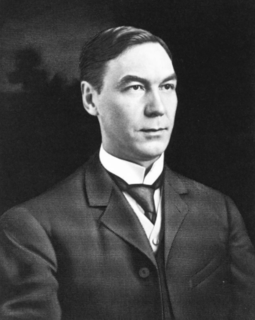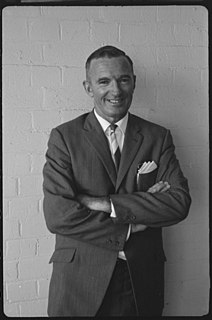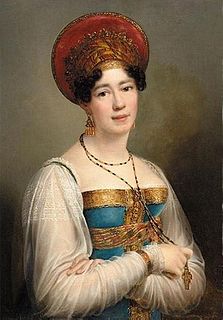A Quote by D. H. Lawrence
All vital truth contains the memory of all that for which it is not true.
Related Quotes
Memory is a dead thing. Memory is not truth and cannot ever be, because truth is always alive, truth is life; memory is persistence of that which is no more. It is living in ghost world, but it contains us, it is our prison. In fact it is us. Memory creates the knot, the complex called the I and the ego
The truth is impossible to comprehend even when one is willing to tell it. For the truth resides in memory and memory is clouded with repression and a desire to embellish. The recollections of any individual are conditioned by the general truths to which he or she has tried to live. To recall an event is to interpret it, so the truth is altered by the very act of remembering. Therefore the truth, like God, does not exist - only the search for it.
If Socialism, like all errors, contains some truth (which, moreover, the Supreme Pontiffs have never denied), it is based nevertheless on a theory of human society peculiar to itself and irreconcilable with true Christianity. Religious socialism, Christian socialism, are contradictory terms; no one can be at the same time a good Catholic and a true socialist.
Memory is corrupted and ruined by a crowd of memories. If I am going to have a true memory, there are a thousand things that must first be forgotten. Memory is not fully itself when it reaches only into the past. A memory that is not alive to the present does not remember the here and now, does not remember its true identity, is not memory at all. He who remembers nothing but facts and past events, and is never brought back into the present, is a victim of amnesia.
Fiction can produce truth, and truth can be false. What does it mean to say that it's true that, what, two out of six people in this city are starving? That's true, but that is only true because the conditions we live under are completely wrong - that should not be true, and it is. And in something like Sarah Polley's film, her fictions deliver so much truth. The retellings and the simulations and the theatrical aspects are what deliver all the truth.






































